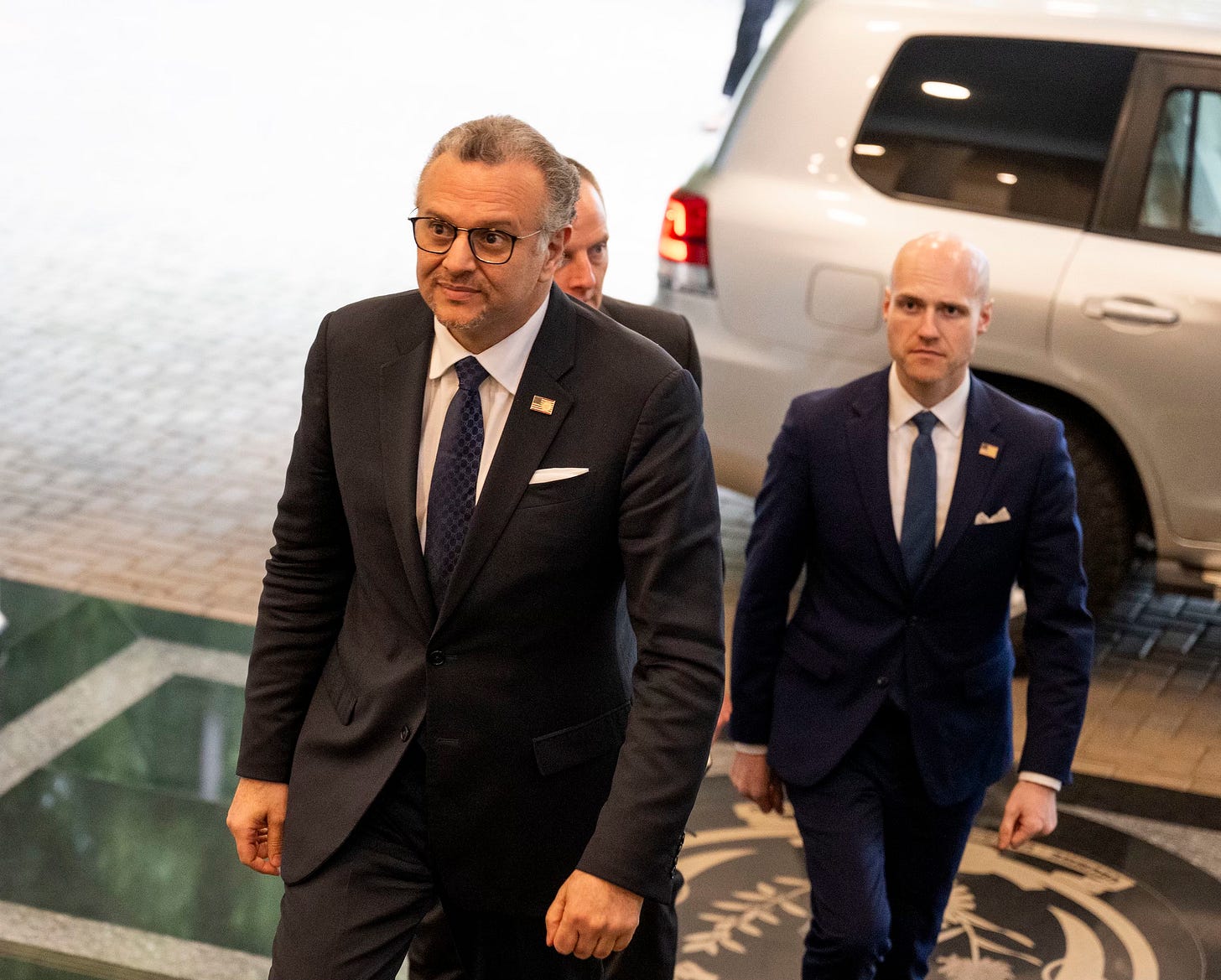U.S.-Sudan talks conducted in Switzerland
Meeting coincides with deepening famine in parts of Sudan
The United States and Sudan quietly held talks in Switzerland on Monday, August 11, a year after Sudan’s military government boycotted a U.S.-mediated peace summit in Switzerland. The talks are the highest-level contacts between the two governments since the change of administrations in the U.S.
Keep reading with a 7-day free trial
Subscribe to Sudan War Monitor to keep reading this post and get 7 days of free access to the full post archives.


